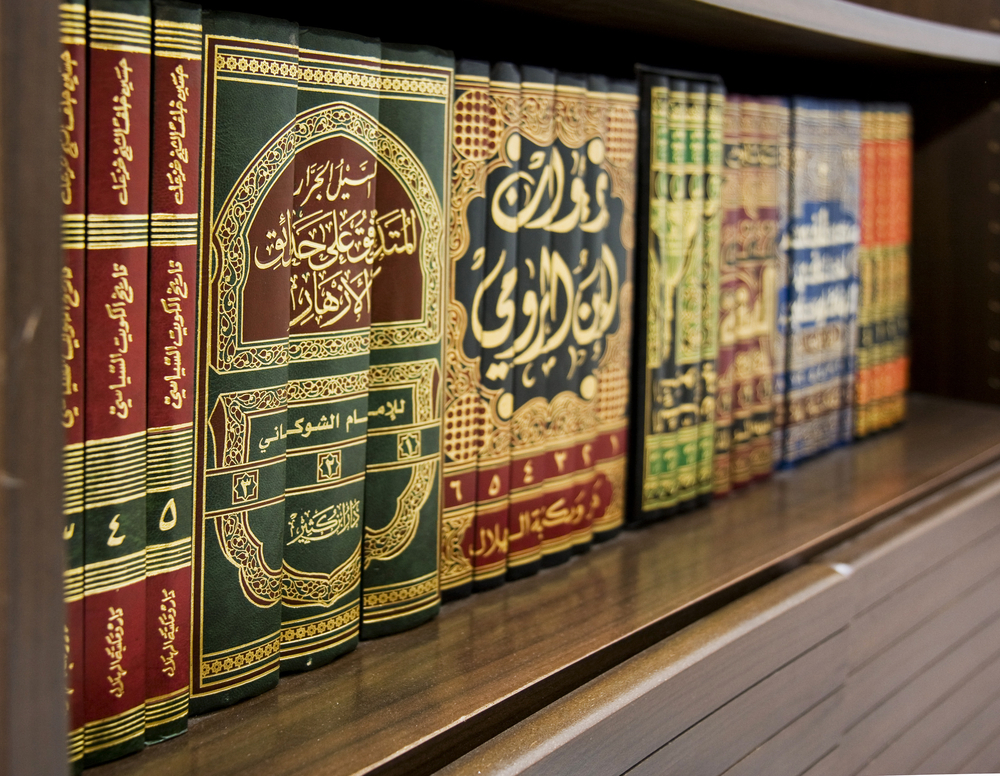The concept of sustainability has garnered global attention as humanity confronts environmental degradation, resource depletion, and climate change. Within the context of the Halal industry, sustainability assumes a profound significance, intertwining ethical, economic, and environmental dimensions. The Halal industry, guided by Islamic principles, is uniquely positioned to champion sustainability, harmonizing spiritual obligations with the imperative to protect and preserve the planet.
The Ethical Foundations of Sustainability in Islam
Islam, as a comprehensive way of life, enshrines principles that advocate for balance, moderation, and stewardship. The Qur’an and Hadith offer a robust ethical framework emphasizing respect for nature, responsible resource utilization, and intergenerational equity.
Stewardship (Khilafah)
The concept of Khilafah in Islam positions humans as stewards of the Earth, entrusted with its care and responsible use. The Qur’an states: “It is He who has made you successors (Khalifah) upon the earth” (Qur’an, 35:39). This stewardship is not merely a privilege but a profound responsibility to maintain and protect the environment.
Balance (Mizan)
Islamic teachings advocate for maintaining balance (Mizan) in all aspects of life, including the natural world. The Qur’an articulates this balance: “And the heaven He has raised high, and He has set up the balance, that you may not transgress the balance” (Qur’an, 55:7-8). This principle discourages excessive exploitation of resources, urging a sustainable approach to consumption and production.
Prohibition of Waste (Israf)
Islam explicitly prohibits wastefulness, advocating for prudent and efficient use of resources. The Qur’an cautions: “Indeed, the wasteful are brothers of the devils, and ever has Satan been to his Lord ungrateful” (Qur’an, 17:27). This injunction underscores the importance of minimizing waste in all forms, fostering a culture of sustainability.
The Halal Industry: A Confluence of Faith and Sustainability
The Halal industry, encompassing food, pharmaceuticals, cosmetics, and fashion, is underpinned by stringent guidelines ensuring products are lawful and wholesome (Tayyib). The integration of sustainability within the Halal paradigm not only aligns with Islamic ethical imperatives but also responds to the growing consumer demand for environmentally and socially responsible products.
Sustainable Agriculture and Halal Food Production
The Halal food sector can lead the way in sustainable agricultural practices. This includes adopting organic farming methods, reducing chemical inputs, conserving water, and promoting animal welfare. Sustainable practices not only align with Islamic principles but also ensure the health and safety of consumers.
Organic and Ethical Farming
Organic farming, which avoids synthetic pesticides and fertilizers, aligns with the Islamic principle of Tayyib, which emphasizes wholesomeness. Ethical farming practices that ensure animal welfare, such as providing adequate space and natural diets, resonate with Islamic teachings on compassion and humane treatment of animals.
Water Conservation
Water, a precious and finite resource, is of paramount importance in Islam. The Prophet Muhammad (PBUH) emphasized conservation: “Do not waste water, even if performing ablution on the banks of a fast-flowing river” (Ibn Majah). Halal food producers can adopt water-saving technologies and irrigation methods to minimize water use and ensure sustainability.
Ethical Supply Chains
Sustainability in the Halal industry extends beyond production to encompass the entire supply chain. Ethical sourcing of raw materials, fair labor practices, and environmentally friendly packaging are crucial components of a sustainable Halal supply chain.
Fair Trade and Ethical Labor
Islamic principles advocate for fair treatment of workers and ethical business practices. The Prophet Muhammad (PBUH) said: “Give the worker his wages before his sweat dries” (Ibn Majah). Ensuring fair wages and humane working conditions within the Halal industry upholds this principle and promotes social sustainability.
Eco-Friendly Packaging
Reducing plastic use and adopting biodegradable or recyclable packaging materials aligns with the prohibition of wastefulness (Israf). Halal-certified companies can lead by example, offering products with minimal environmental impact.
Halal Pharmaceuticals and Cosmetics
The pharmaceutical and cosmetics sectors within the Halal industry also bear the responsibility of sustainability. Utilizing natural and ethically sourced ingredients, avoiding harmful chemicals, and ensuring cruelty-free testing practices are essential steps towards sustainable Halal products.
The Economic Imperative of Sustainability
Embracing sustainability within the Halal industry is not only an ethical obligation but also an economic opportunity. The global demand for Halal products is growing, driven by a rising Muslim population and increasing awareness of Halal integrity among non-Muslims. Sustainable practices enhance brand reputation, meet consumer expectations, and can lead to cost savings through efficient resource use.
Market Growth and Consumer Trust
The global Halal market is projected to reach significant growth, offering lucrative opportunities for businesses. Consumers, particularly millennials and Generation Z, are increasingly prioritizing ethical and sustainable products. By integrating sustainability, Halal businesses can build consumer trust, enhance brand loyalty, and tap into this expanding market.
Cost Efficiency and Innovation
Sustainable practices can lead to cost savings through improved efficiency, waste reduction, and innovation. For instance, adopting renewable energy sources can reduce operational costs, while waste minimization strategies can enhance profitability. Moreover, sustainability-driven innovation can open new markets and create competitive advantages.
Conclusion: A Path Forward
The Halal industry, guided by the ethical and spiritual principles of Islam, is uniquely positioned to champion sustainability. By embracing sustainable practices, Halal businesses can uphold their religious obligations, meet consumer demand, and contribute to global efforts to protect the environment.
The journey towards sustainability in the Halal industry requires collaboration, innovation, and a steadfast commitment to ethical principles. As stewards of the Earth, it is our collective responsibility to ensure that our actions today safeguard the blessings of our planet for future generations. Upholding the essence of sustainability within the Halal industry is not merely a choice but a profound duty that resonates with the core values of Islam.






